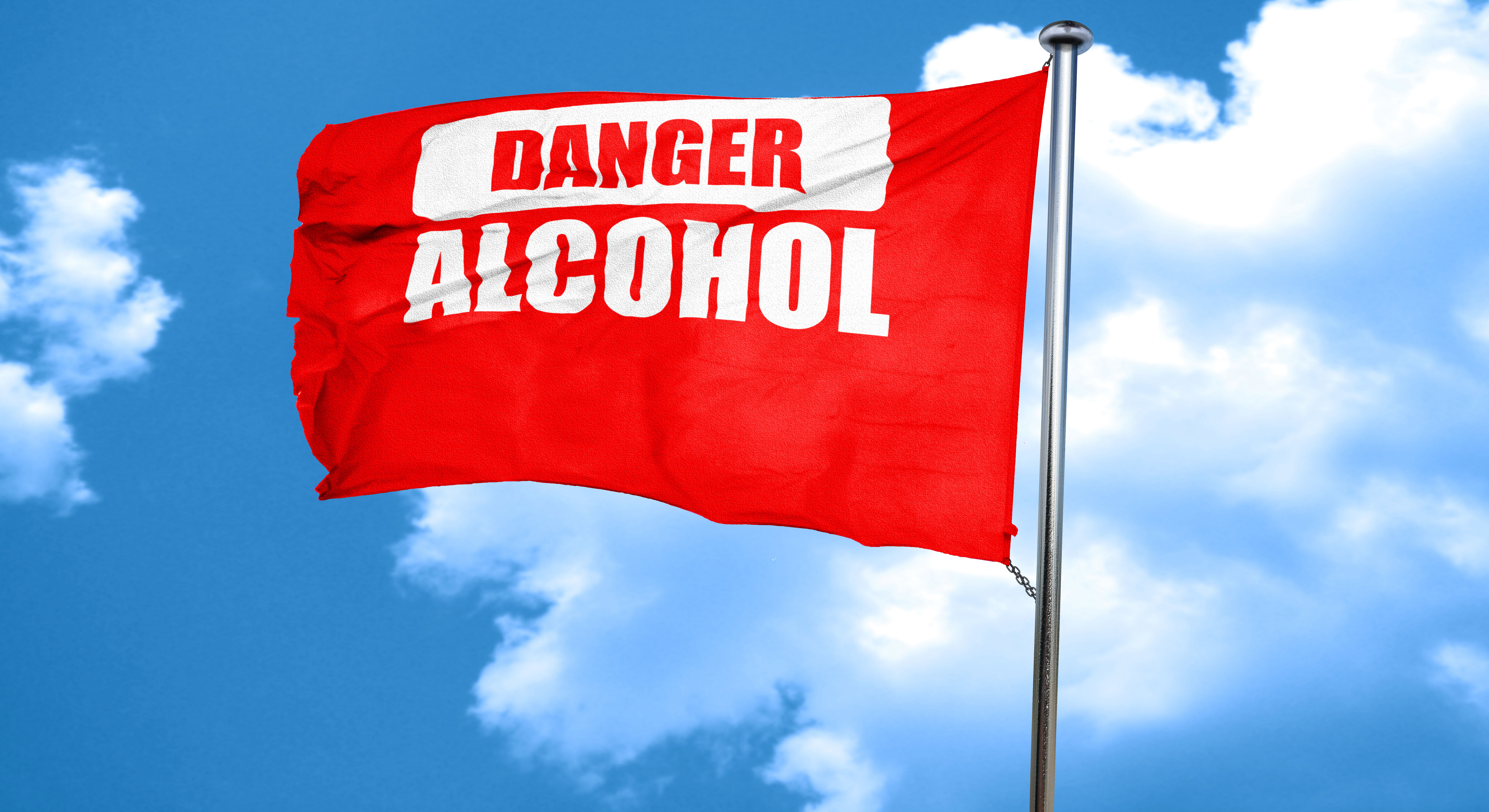What Happens When You Immediately See the Red Flags of Alcoholism

The red flags of alcoholism are the signs that something is truly wrong and getting it immediately addressed is the best solution. Alcohol has become pandemic and is now one of the leading causes of a worldwide problem of injury and disease. In Canada, statistics show that more and more people are falling into the abyss of alcohol abuse. According to the Centre for Addiction and Mental Health, a study finds that Canadians have more drinking problems compared to the other 50% of the global average.
The Red Flags of Alcohol Abuse are Real
The Canadian health care system spent approximately $8 billion for substance abuse cases and a staggering 47,000 lives have been claimed due to alcohol abuse and this is a yearly basis. The problem is a tough one but it is something that needs to be addressed as soon as possible.
Knowing the top red flags of alcohol dependence and addiction is the first step towards identifying a potentially deeper problem. Alcohol rehab is the best solution to this problem because recovering on your own does not end well especially if you’re in too deep. There may be cases that the problem is remedied but it is short-lived and there is a high possibility of relapse which may be worse and bigger, turning into a cycle.
Related article: Alcoholism: Facts About Alcohol Addiction In Canada
Here are the most common indicators of an alcohol problem:
1. Neglect of Responsibilities
An alcohol addict finds it more difficult to stick to their commitments and responsibilities. Drinking problems cause a shift of priorities with alcohol as the primary focus of your world and when drinking already affects your physiological state, it could result in emotional and physical problems that make it harder to maintain responsibilities.
2. Regular Episodes of Blackout
When you are blacking out and you forget what has occurred while you were intoxicated, it is surely one of the red flags of alcohol abuse. Blackouts may be partial or total memory loss, making you participate in events that you could no longer recall when you are sober. A person may do things during a blackout episode such as difficulty standing or slurred speech and you can even drive and not remember doing that when you sobered up.
3. Drinking to Relax and De-Stress
It is acceptable to drink in order to unwind but drinking in order to feel relaxed especially when you are stressed out could be leading to alcohol dependence and addiction. Moreover, if you still experience the urge to continue drinking even after a stressful situation is finally over, then it could be a sure sign of alcoholism. Consuming alcohol for relief and comfort becomes an alibi and reinforcement in order to continue on with excessive alcohol consumption.
Occasional social drinking has become a norm in today’s world and there is nothing wrong with that. However, when drinking results in various physiological, emotional, social, and legal dilemmas, you may be heading towards disaster. Check the red flags of alcohol addiction and abuse and see some of the Canadian treatment facilities and programs available today. Call Inspire Change Addiction Rehab in Vancouver for addiction treatment programs.


